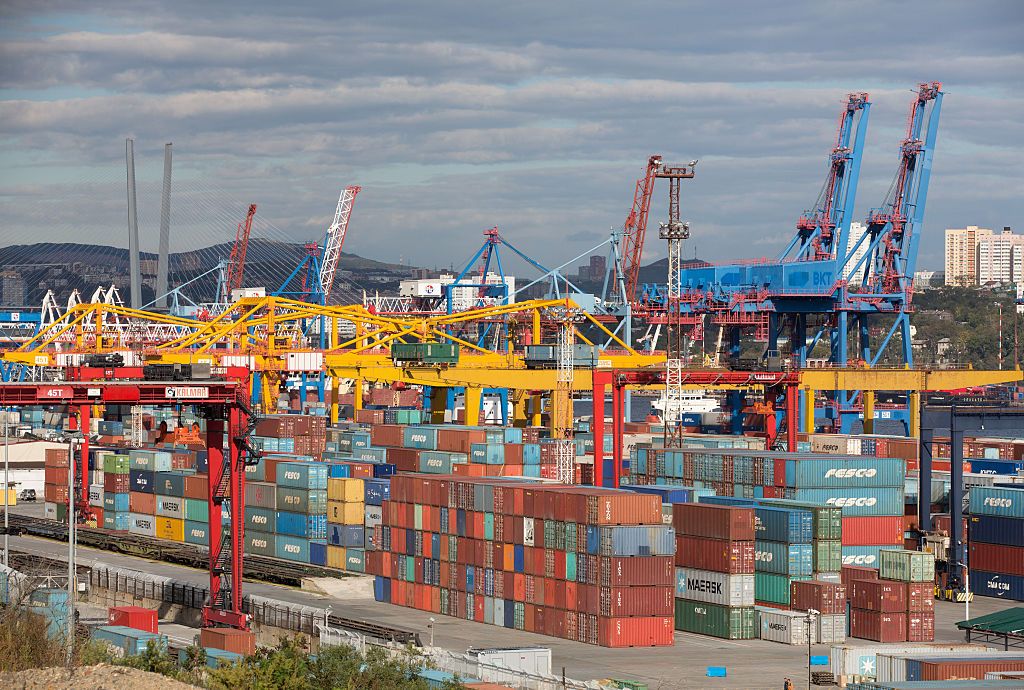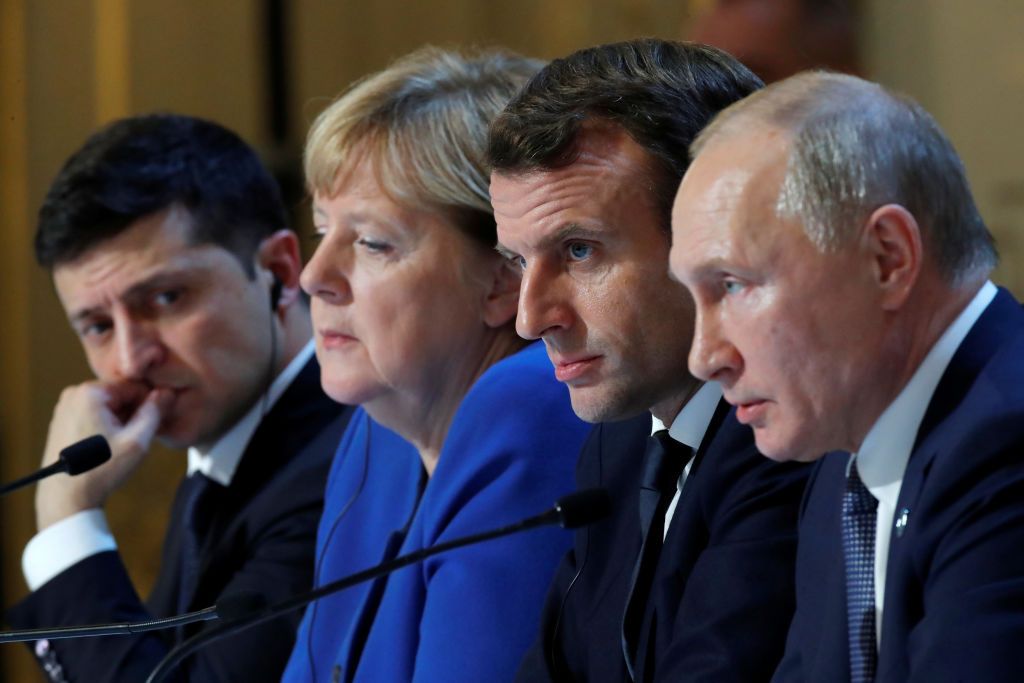Opinion: Call of Duty's Modern Warfare III whitewashes the Kremlin's crimes

I started the "Call of Duty: Modern Warfare III" video game campaign on the evening of Nov. 10, 2023, in my apartment in Kyiv with the aim of finishing it in a single night. I was two hours in when Star Wars star Mark Hamill’s familiar voice let out an urgent warning from my phone: “Attention, air raid alert. Proceed to the nearest shelter. Don’t be careless. Your overconfidence is your weakness.”
Being used to this by now, I proceeded to play the rest of the campaign with my headphones off so I could hear if Kyiv’s air defenses were active or if any explosions were within earshot. Either of these noises would signal that this is a more serious situation and that I really should heed Luke Skywalker’s words. It’s a process everyone in Kyiv deals with almost every day.
Modern Warfare III sees a new version of returning antagonist Vladimir Makarov committing acts of terrorism with the ultimate aim of “restoring glory to Russia.” In the mission “Deep Cover,” Station chief Kate Laswell meets her contact, Yuri, inside a Russian base, and the two discuss the possibility of the Kremlin being involved with Makarov.
Yuri denies this and ends the conversation with, “There are extremists in both our governments,” before the two are interrupted by a chemical attack. The narrative reinforces that Makarov is working on his own and the Russian government is not in line with his motives or means, but why?
Russia launched a full-scale war against Ukraine on Feb. 24, 2022, an event preceded by an eight-year war in Ukraine’s Donbas region and the illegal annexation of Crimea. The occupation of Crimea has seen the indigenous Crimean Tatar population face severe political prosecution, along with countless instances of arrests and harassment toward anyone with a pro-Ukrainian position. Ukraine is not the only neighbor to have been attacked by Russia – Moscow has sent troops into Georgia and fought two wars in Chechnya.
Makarov’s private military company (PMC) is called Konni – the Russian word for horses – and they operate completely independent of the Russian army in the Call of Duty universe. In real life, Russia’s biggest PMC, the Wagner Group, fights directly alongside the Russian army in Ukraine. They had permission to recruit soldiers from Russian prisons and have become infamous for verified videos of their fighters beating people to death with sledgehammers.
As someone who was in Kyiv when the full-scale war began, playing through Modern Warfare III is like experiencing an extreme form of surrealist humor, the kind that doesn’t elicit any laughs. I know people who are serving on the front and who have family members still living under Russian occupation. People I know and their close family members have been killed because Russia decided to invade a peaceful country.

There’s a lot of discourse about “Call of Duty” promoting U.S. imperialism and glorifying the U.S. war machine, and those are certainly conversations that should happen. I can’t imagine how it must feel for anybody who lived through the historical events portrayed in the series to play some of these games or to know that their trauma is being turned into a video game.
Likewise, the series’ unwillingness to portray Russia as the greedy imperial power it has shown itself to be – one that lets its soldiers sexually assault, torture, and murder civilians – feels like I’m being lied to when my friends and I have already experienced the truth. It’s not like they hide it anymore, either.
So why does Modern Warfare III’s story try to paint Makarov as an extremist whose goals don’t align with the Russian government’s when the Russian army has committed numerous war crimes throughout recent decades?
Perhaps it's a reaction to the criticism toward the portrayal of Russians in the 2019 release of the annual series, "Call of Duty: Modern Warfare," where they are shown gunning down and torturing innocent people in the fictional country of Urzikstan. Even so, the game’s antagonist, General Barkov, is said to have gone rogue and acted outside the Kremlin’s chain of command.
People pointed out that the 2019 version’s “Highway of Death” alludes to a similarly named event during the Gulf War in 1991. In real life, the U.S. attacked an Iraqi convoy attempting to retreat back to Iraq through Highway 80 after invading Kuwait. Modern Warfare’s “Highway of Death” got its name because the Russian army bombed anyone trying to escape Urzikstan through the road. There is a case for the game presenting a revised version of history, but such arguments are empty when Russia has no problem dropping a bomb on the Mariupol Drama Theater or on a functioning maternity hospital still treating expecting parents.
Russia as the bad guy is a cliche that spans all the way back to Cold War thrillers and James Bond. As anybody living in Ukraine can tell you, Russia’s leaders have done nothing to prove the old cliche wrong, and there’s no need for any piece of fiction to lie about or whitewash the country’s imperialist ambitions. If the storytellers can’t do that, then they probably shouldn’t write about the country at all.
Editor’s Note: The opinions expressed in the op-ed section are those of the authors and do not purport to reflect the views of the Kyiv Independent.












